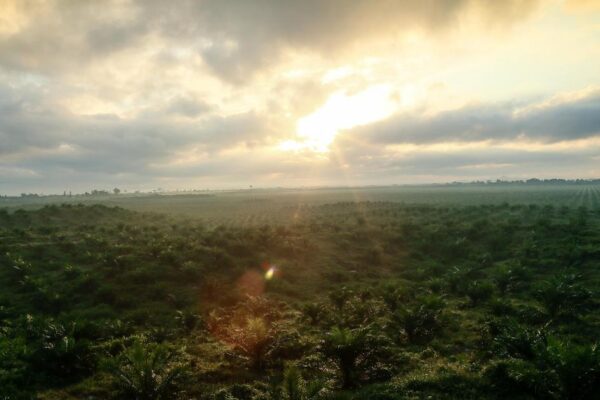Having spent the last two years working alongside local civil society organisations (CSOs) around the world, we want to share the lessons we've learned working to bring them closer with international business.
Many international businesses want to monitor and verify the progress they are making in protecting forests and the people impacted by their supply chains. Starling satellite technology allows them to do so from the sky, while Kumacaya does it on the ground. It does so through funding from international businesses to support local CSOs to report on what is happening, so supply chains can be monitored and verified in real time.
The problem is that all too often, there is a lack of mutual understanding and trust between civil society and private companies. Businesses can benefit hugely from CSO observations from the field, but their voice isn’t always heard. This is why in 2017, we created Kumacaya, a mechanism to bridge that gap.
By supporting local CSOs to report on what is happening on the ground, Kumacaya’s independent third-party monitoring enables constructive dialogue between them and the private sector. This increases civil society's potential to positively impact the planet. It assists businesses in proactively meeting their commitments to tackle deforestation and exploitation within their supply chains.
Kumacaya has developed an online platform allowing local CSOs and community members to report incidents they encounter, both good and bad, anonymously. Such reports need to follow set criteria based on a description and the commodity it relates to, along with photographic evidence. This data is used to identify trends and where improvements need to be made.
Our work with Kumacaya has been invaluable in listening to the lesser heard voice of civil society and communities. During this time, we learned that a day spent drinking coffee and talking with villagers has on occasion been more useful than a week of workshops.
We have captured all the lessons we’ve learned in a presentation, which also includes case studies from our work in East Kalimantan, Indonesia, Johor, Malaysia and Maryland in Liberia. Kumacaya Programme Manager Charlotte Goubin is now looking to expand upon this work.
“We are now targeting civil society groups in other countries,” she said. “And expanding our signal data collection to other countries such as Ivory Coast and Ghana.”
Kumacaya’s vision is to continue to encourage businesses to listen to local CSOs. If you work for an international business and are interested in learning more, please do look at our presentation on what we have learned from two years in the field working with and supporting CSOs:
Kumacaya: lessons learned from two years spent bridging the gap between civil society and business
Business can also explore how they can use Kumacaya to fund third-party independent verification at: https://www.kumacaya.org/index.php#projects


